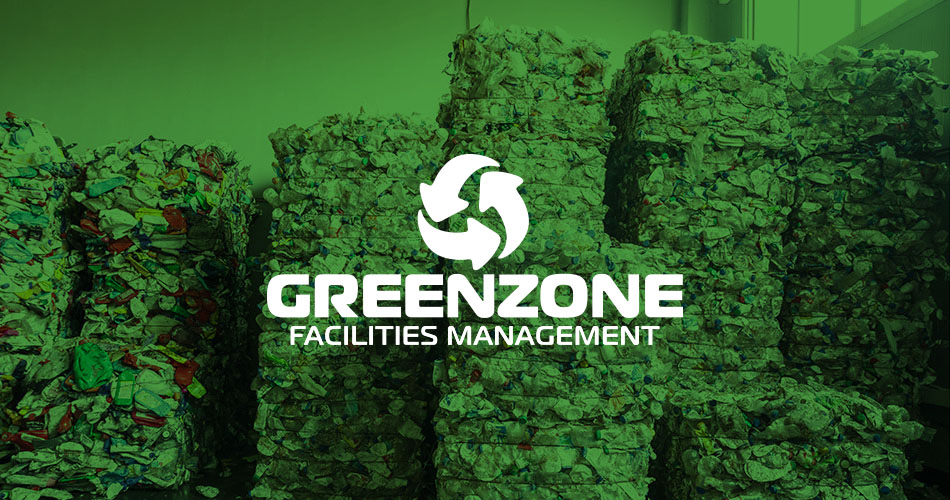Supermarkets, manufacturers and packaging companies are under more pressure than ever to create less waste. Report after report details the menace that discarded plastic poses to our waterways, coasts, sea life and even our health. Ministers have promised action. Philip Hammond, the chancellor, wants to tax any plastic packaging with less than 30% recycled material. The Department for Environment, Food and Rural Affairs (Defra) is planning a bottle deposit scheme, following Scotland’s lead, and wants to create a uniform system of recycling across England, rather than leaving it to local authorities to choose. Supermarkets say they are taking the issue seriously. Iceland is aiming for all its own-brand products to be plastic-free by 2023, while others such as Tesco and Lidl say they are making much more of their packaging recyclable and reducing it where they can.
Curtis, who has worked in the industry for 44 years and becomes the association’s president next week, points out some of the worst examples of packaging waste during a tour of Hertfordshire supermarkets.
The worst example in this aisle is a packet of Tesco’s Ripe and Ready Conference Pears, with three types of plastic, none of which can be recycled. The four pears come on a plastic-foam tray, with a laminated plastic film around them, and a flat, stiff, clear plastic shield. “That’s madness, absolutely madness,” he says. “It’s sort of understandable because it’s probably protecting them from bruising, but cardboard would be so much better.” A Tesco spokesman said all its packaged pears would come in a recyclable pulp tray from next week and that the rest of the packaging protected the fruit, causing less food waste.
But the Recycling Association, which represents independent waste and recycling operators, believes they could be doing more. A lot more.
Orginal Source

